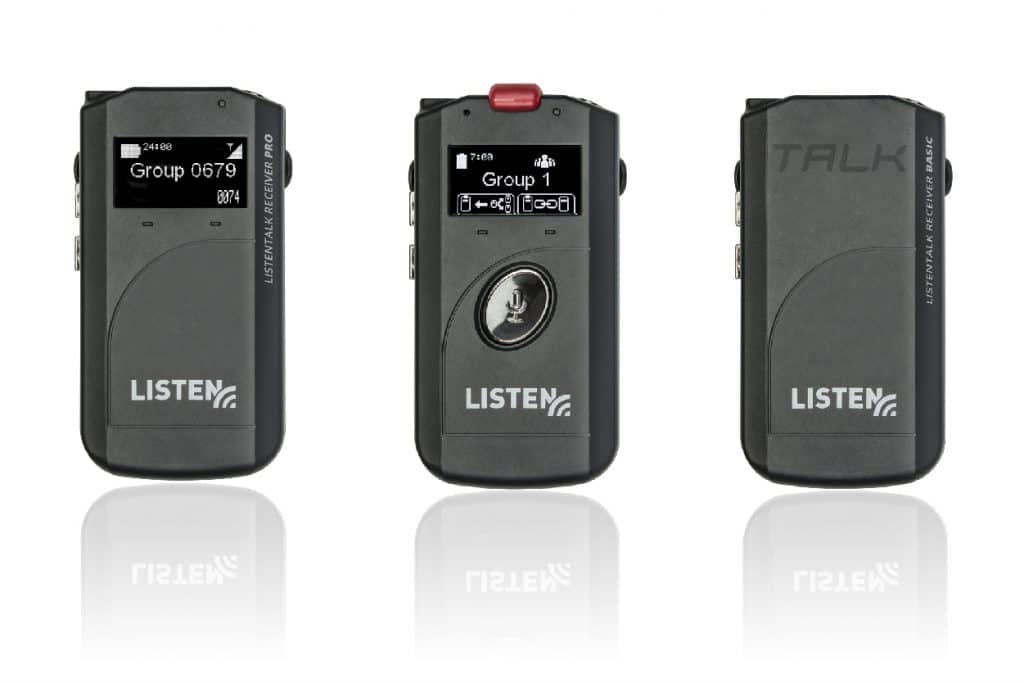As people with hearing loss, we can be excused from jury duty. But is that what we want to do or should be doing? We have fought long and hard for our rights to access in all aspects of society. The Americans with Disabilities Act (ADA) Title II that covers courts requires that accommodations be made for us to serve. Why fight for these rights if we don’t have the confidence to use them? Not to mention our civic duty.
Interestingly not all people with hearing loss react in the same way or in ways that I would have expected. A spirited discussion on this topic ensued on the
HLAA Chapter leaders’ listserv. Opinions varied from not feeling confident to serve because of not being able to follow the proceedings and that we should be concerned about what is right for the victim, not for us, so as long as we are provided with the right accommodations we should fulfill our civic responsibilities.
One HLAA leader said, “I have never been called to jury duty, but have always felt that I would say ‘yes,’ if I was asked. My brain is just as good as anyone else’s if I have the accommodations I need to hear in any environment.” Another leader added, “To my amazement, a very proactive judge asked me directly during preliminary jury selections, “just what accommodations do you need in order to be a successful juror?”
And yet another, “I simply requested ADA/CART accommodations…only to get a postcard in the mail that I was deferred and off the hook. Just like that. They just didn’t want to deal with me, nor did they want the expense…I’m sure.”
And from a leader who was less supportive of serving, “My point is that there are times those of us with hearing loss can prove we are a vital part of society…but even though it is our right to do so…this is not the time to prove anything.”
While it is true we have a civil right to serve as jurors, it is also correct that we must be armed with the knowledge of how to approach it correctly. We should begin by understanding how the court system works, what are the qualifications of a juror, what is expected of a juror, and what takes place in the courtroom during the different types of trials.
As soon as we are called we should contact the court administrator of our court system to request the accommodations that we need in order to serve. We should know what technology and services we need and ask for them up front so that there is plenty of time to advocate and have everything in place, if not for this time, for next. There is no point showing up and expecting that accommodations be made at the last minute. Nor should we assume that the court administrator will know what we need.
More Comments
“The key would be to request exactly what I need and proceed to get it as a right rather than as a favor. I would want to hear and read the proceedings to the best of my ability and expect that I would be no better or no worse than other jurors with perfect hearing. I would request both captioning and an audio system of some kind. It would be a chance to educate many people and I would accept that challenge. That’s how I feel. I have never been called to jury duty, so cannot speak from experience.”
“I do agree that we should not get ourselves excused because of our hearing loss. I feel it is our right as citizens to serve. I will attempt to speak to the person in charge of ADA accommodations in my local court. I am not sure of how to ask for the correct accommodations and welcome any advice. In the past, I told them when I arrived and brought my own FM system. But this is not having the court provide the accommodations as required by law.”
Leaving the education about accessibility accommodations to when you go to the court is a prescription for failure. You must notify the court administrator immediately when you get the summons to serve as it may take time to set everything up and have it in place in time.
If serving on a jury is the first time you have been in a courtroom you might want to attend a trial to see what it is like. Civil cases may be easier to understand as it is almost one-on-one. But more serious cases affect a person’s life by declaring someone to be guilty or not guilty beyond a reasonable doubt. These trials are more complex and could be confusing.
A verdict of guilty or not guilty beyond a reasonable doubt is a huge responsibility. We certainly want to have all the information to make that decision. Juries have freed guilty parties and innocent people have been convicted. As one HLAA leader noted, “The recent results in Texas where DNA is being actively pursued to free many wrongly convicted people is a shocking validation that basing justice on a jury by 12 peers (even hearing ones) isn’t perfect.”
Given that 36 million Americans have hearing loss and given that 75 percent of people who could benefit from a hearing aid do not get one, it is highly likely that there are people on a jury who have a hearing loss but have not yet admitted it or done anything about it. That could be more problematic than someone serving who knows and admits to a hearing loss and has taken action to accommodate it.
Please Tell Us What You Would Do
What are you going to do if you are called to serve on a jury? Are you going to request accommodations and take the time to educate the court administrator and/or judge about what you need so that you can serve, or are you going to ask to be excused?

